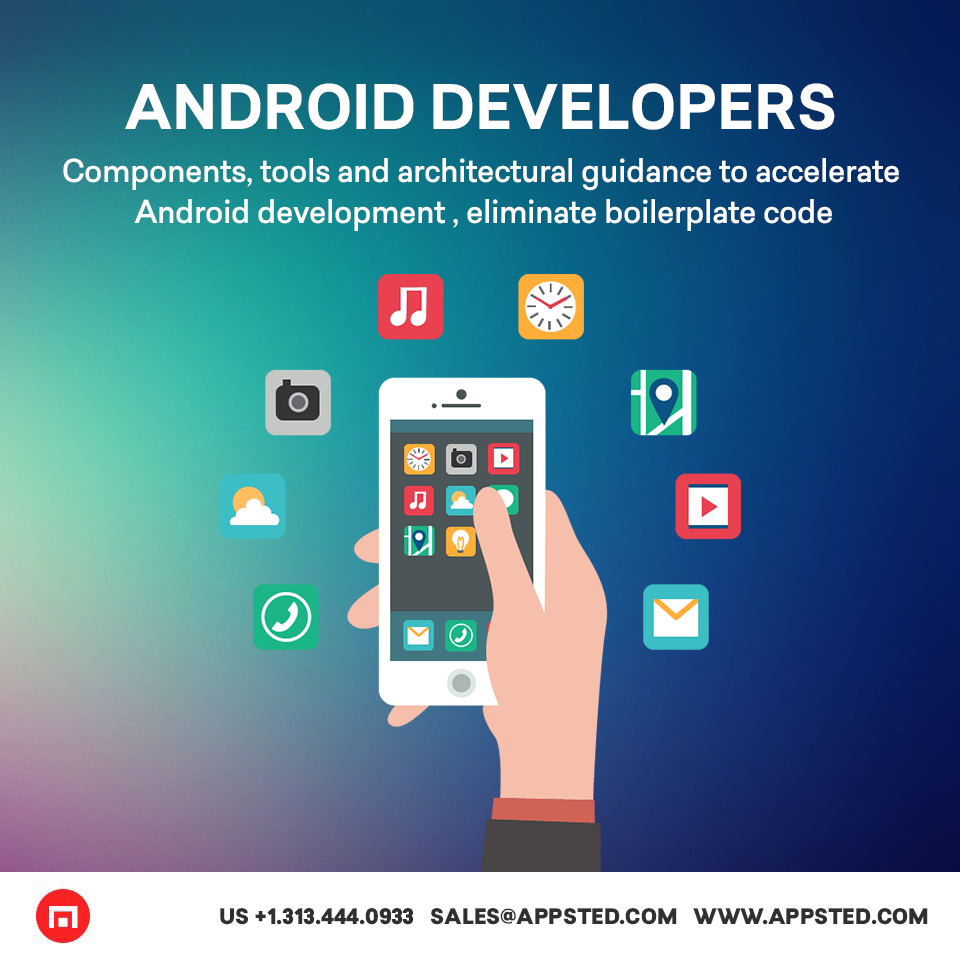How to Develop an Android App: A Comprehensive Guide for Beginners

Are you interested in learning how to develop an Android app from scratch? Look no further! In this comprehensive guide, we will walk you through the entire process of creating an Android app, from ideation to deployment. Whether you're a complete beginner or have some programming experience, this article will provide you with all the information you need to get started and develop your very own Android app.
In today's digital age, mobile applications have become an integral part of our lives. Android, being the most popular mobile operating system, offers a vast user base and endless possibilities for app development. By learning how to create an Android app, you can tap into this ever-growing market and potentially turn your ideas into a successful app.
1. Understanding the Basics of Android App Development
In this section, we will delve into the fundamental concepts of Android app development, including the Android operating system, the Java programming language, and the Android Software Development Kit (SDK). We will also explore the different tools and resources available for Android app development.
2. Setting Up Your Development Environment
Before you can start building Android apps, you need to set up your development environment. This section will guide you through the installation and configuration of Java Development Kit (JDK), Android Studio, and the necessary SDK components. We will also cover device emulation and debugging options.
3. Planning Your App: From Idea to Design
Every successful app starts with a solid plan. In this section, we will discuss how to brainstorm app ideas, define the app's target audience, and conduct market research. We will also explore the importance of wireframing and creating a visual design for your app.
4. Coding the User Interface
The user interface (UI) is a crucial component of any app. Here, we will dive into the world of UI design and development, covering topics such as layouts, views, and resources. We will also discuss how to implement navigation within your app and handle user interactions.
5. Implementing Functionality with Java
Now it's time to add functionality to your app! In this section, we will explore the basics of Java programming for Android app development. We will cover topics such as variables, control flow, object-oriented programming concepts, and how to interact with the Android framework.
6. Working with Data: Databases and APIs
Most apps require data storage and retrieval. Here, we will guide you through the process of working with databases in Android, including SQLite and Room. Additionally, we will explain how to integrate external APIs to fetch data from web services.
7. Testing and Debugging Your App
Before releasing your app to the world, it's crucial to thoroughly test and debug it. In this section, we will cover different testing techniques, including unit testing and user interface testing. We will also explore various debugging tools and strategies to identify and fix issues in your app.
8. Optimizing Performance and User Experience
In this section, we will discuss techniques to optimize your app's performance and enhance the user experience. We will cover topics such as memory management, multithreading, battery optimization, and incorporating animations and transitions into your app.
9. Publishing Your App to the Google Play Store
Once your app is fully developed and tested, it's time to release it to the world! Here, we will guide you through the process of preparing your app for deployment, creating a developer account on the Google Play Store, and submitting your app for review and publication.
10. Continuously Improving and Updating Your App
Your journey as an Android app developer doesn't end with the release of your app. In this final section, we will discuss the importance of gathering user feedback, analyzing app performance metrics, and continuously improving and updating your app to meet the evolving needs of your users.
In conclusion, developing an Android app can be an exciting and rewarding experience. By following this comprehensive guide, you'll gain the knowledge and skills needed to create your own Android app from start to finish. So, roll up your sleeves, grab your coffee, and let's embark on this incredible journey of Android app development together!